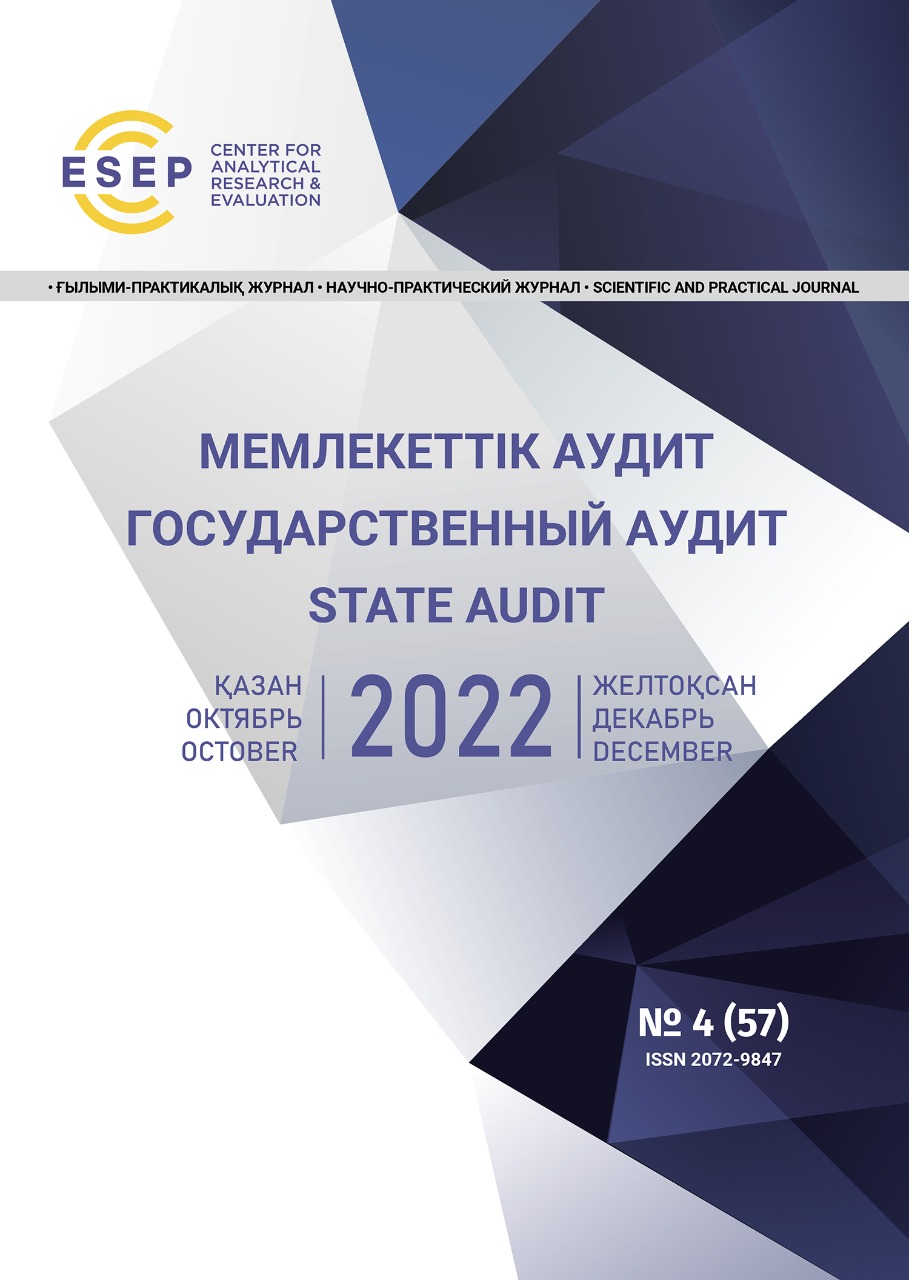Abstract
Sectoral programs are the defining tool for the implementation of the program-target method of
management in the activities of executive authorities at all levels of the budget system. The article analyzes the
system of state sectoral programs and programs in Kazakhstan. The analysis and evaluation of the achievement
of goals and targets in the strategic documents of the central state and local executive bodies was carried out.
Based on the results of this study, the standards and best practices of the Organization for Economic Cooperation
and Development, which are used by the governments of developed countries in the development of strategic
documents and standards, are presented. At the same time, the main problem areas for the development and
implementation of sectoral programs by state bodies are reflected. The lack of a monitoring methodology and
the lack of systematization of work on the implementation of sectoral projects does not allow timely identification
of current trends and problematic issues, identification of solutions, and development of recommendations for
improvement. In this regard, during the study, the final results of the sectoral program of the manufacturing industry were shown. Quality of sectoral policy documents often depends on the quality of forecasting and analysis, as well as the methodological tools available to state agencies. The article presented recommendations on the concepts of
energy efficiency and energy audit in accordance with the goal of improving the manufacturing industry in relation
to the sectoral program.
